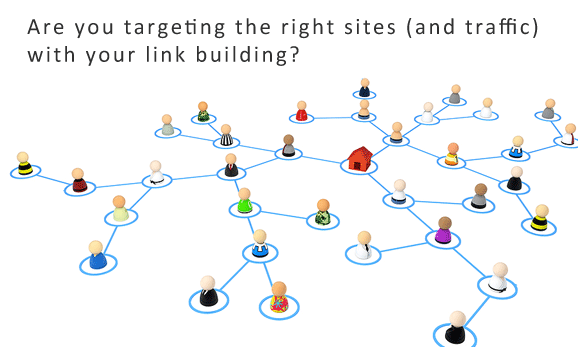
If you’re interested in link building for your website, you’re probably familiar with Web directories. You’ve probably even seen huge Web directory lists encouraging you to submit your site to as many directories as possible. These types of lists are still (unfortunately) often sorted by Pagerank. Yet Pagerank is one of the last things you should look at when choosing Web directories to help you promote your site. Let’s talk about why.
Risk vs Reward (and Getting Your Priorities Straight)
Mass directory submissions are a form of spam. But more importantly, when you target those directories based on Pagerank, you risk being accused of trying to manipulate your own Pagerank by Google, which can lead to having your PR or rankings manually penalized.
If you really want to get the most from directories, it’s not about submitting to every directory with link juice to spare. It’s about quality over quantity — submitting your site to Web directories that can actually reach your target audience and send them your way as relevant traffic as opposed to simple back links. After all, it’s that relevant traffic that’s most likely to convert to sales, sign-ups, etc. And those are the end goals you should keep in mind. Improving your own site metrics goes far beyond generic visitor numbers.
Why PageRank is a Faulty (Pretty Much Worthless) Metric
There are a few different reasons you should stop looking at a directory’s Pagerank when deciding to submit to them or not. Here they are:
- Pagerank doesn’t reflect traffic.
- Pagerank is easily manipulated.
- Pagerank has nothing to do with audience targeting.
- Pagerank can change (or disappear) at any time or at Google’s whim.

Instead focus on things you can control, monitor, and improve without fully relying on a third party like Google. For example, you could view a Web directory’s overall incoming links to see if they’re getting traffic from sites that are relevant to your own (or from spammy sites). You could look at things like blogs or other resources tied to the directory and see what kinds of visitors they go out of their way to appeal to (or in the case of blogs, what type of visitor is actively engaged with the directory’s site). If you really wanted to do your research, you could even contact owners of similar sites to yours who are already listed in a directory, asking them if they find it to be a worthwhile investment or if it seems to send targeted traffic. If you’re direct competition they might not be willing to share that information. But if a colleague is listed and you know each other already, they might be more inclined to share. It doesn’t hurt to ask.
What are your thoughts on looking at Pagerank when choosing Web directories? Do you still obsess over it? Do you ignore it? Do you fall somewhere in between? Why? Leave a comment below to tell us what you think.